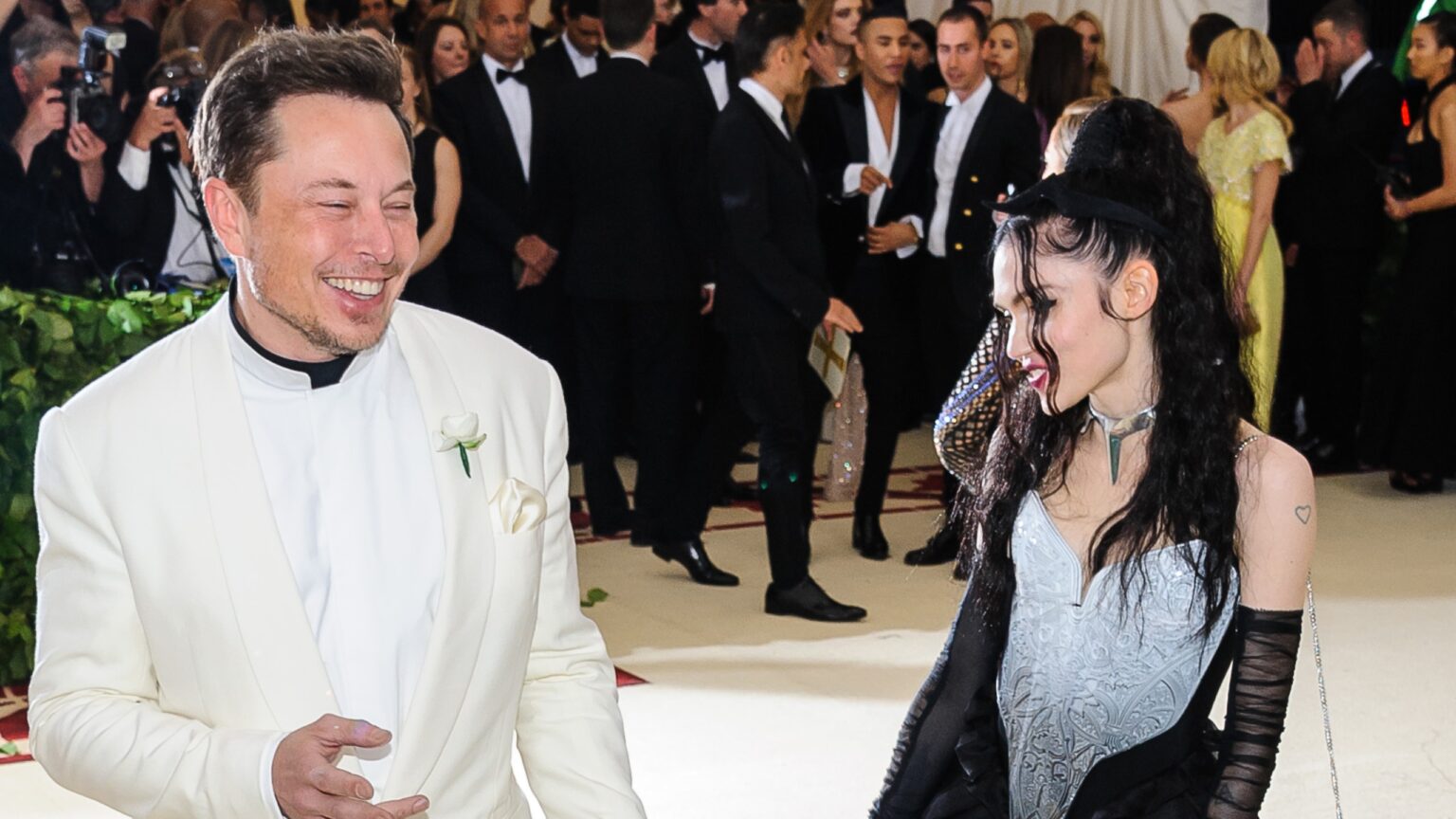Canadian musician Grimes says she would share 50% of profits on “any successful artificial intelligence-generated song” using her voice.
Her announcement comes in the wake of a recent controversy over an unauthorized song featuring AI-generated vocals of Drake and The Weeknd, which went viral earlier this April.
“I’ll split 50% royalties on any successful AI generated song that uses my voice,” Grimes posted on Twitter. “Feel free to use my voice without penalty,” she said, adding she has “no label and no legal bindings.
The decision could mean that Grimes is letting AI creators do all the work while she sits back and collect 50% royalties, according to some observers.
I'll split 50% royalties on any successful AI generated song that uses my voice. Same deal as I would with any artist i collab with. Feel free to use my voice without penalty. I have no label and no legal bindings. pic.twitter.com/KIY60B5uqt
— 𝔊𝔯𝔦𝔪𝔢𝔰 (@Grimezsz) April 24, 2023
Grimes won’t allow “toxic lyrics”
Claire Elise Boucher, better known professionally as Grimes, is a musician, singer, songwriter, and record producer. The 35-year old is no stranger to the AI and tech cultural scene, having written music about science fiction and tweeted about AI from time to time.
Grimes is perhaps best known for her relationship with Tesla billionaire Elon Musk, with whom she has two children. Ironically, Musk recently added his signature to a letter calling for a 6-month moratorium on the development of artificial intelligence systems.
But Grimes is going all in on AI. “I think it’s cool to be fused w a machine and I like the idea of open sourcing all art and killing copyright,” she tweeted. She also revealed that she was working on “a program that should simulate my voice well.”
In a follow-up tweet, she announced that her vocals can be accessed through elf.tech and that she will be using smart-contracts – a sort of agreement based on blockchain technology – to split royalties with AI creators.
Grimes said she is working with her team on a system that can collect and pay out royalties to creators. She spoke about taking down copyright for songs that contain “toxic lyrics” in her voice.
“[I] don’t wanna be responsible for a Nazi anthem unless it’s somehow in jest a la producers I guess,” Grimes tweeted.
“We expect a certain amount of chaos. Grimes is an art project, not a music project. The ultimate goal has always been to push boundaries rather than have a nice song. The point is to poke holes in the simulation and see what happens even if it’s a bad outcome for us.”
AI copyright wars
Over the past year, the ability to synthesize a human voice using deep learning models has become a lot more accessible. This is due to the availability of open source models like Tortoise-tts and commercial services such as ElevenLabs speech synthesis.
Some programs have gained the ability to clone a person’s voice from a three-second audio sample. Other AI-based tools include voice transformation software, and Disney’s use of AI technology to synthesize Darth Vader‘s voice.
Also read: US Copyright Office Says You Can’t Copyright AI-generated Images
But there is worldwide concern over issues of privacy and intellectual property for individuals and creators of the data upon which AI models are trained.
In February, Getty Images sued the artificial intelligence start-up Stable Diffusion for training its image-generating system on 12 million watermarked photos, which Getty claimed diluted the value of its images.
And earlier this month, a song generated using voice models of Drake and The Weeknd went viral, but was immediately removed from streaming platforms over issues of copyright, The Verge reported.
Universal Music Group has also warned against training AI models on the companies artists’ work saying this was a violation of copyright.









 and then
and then